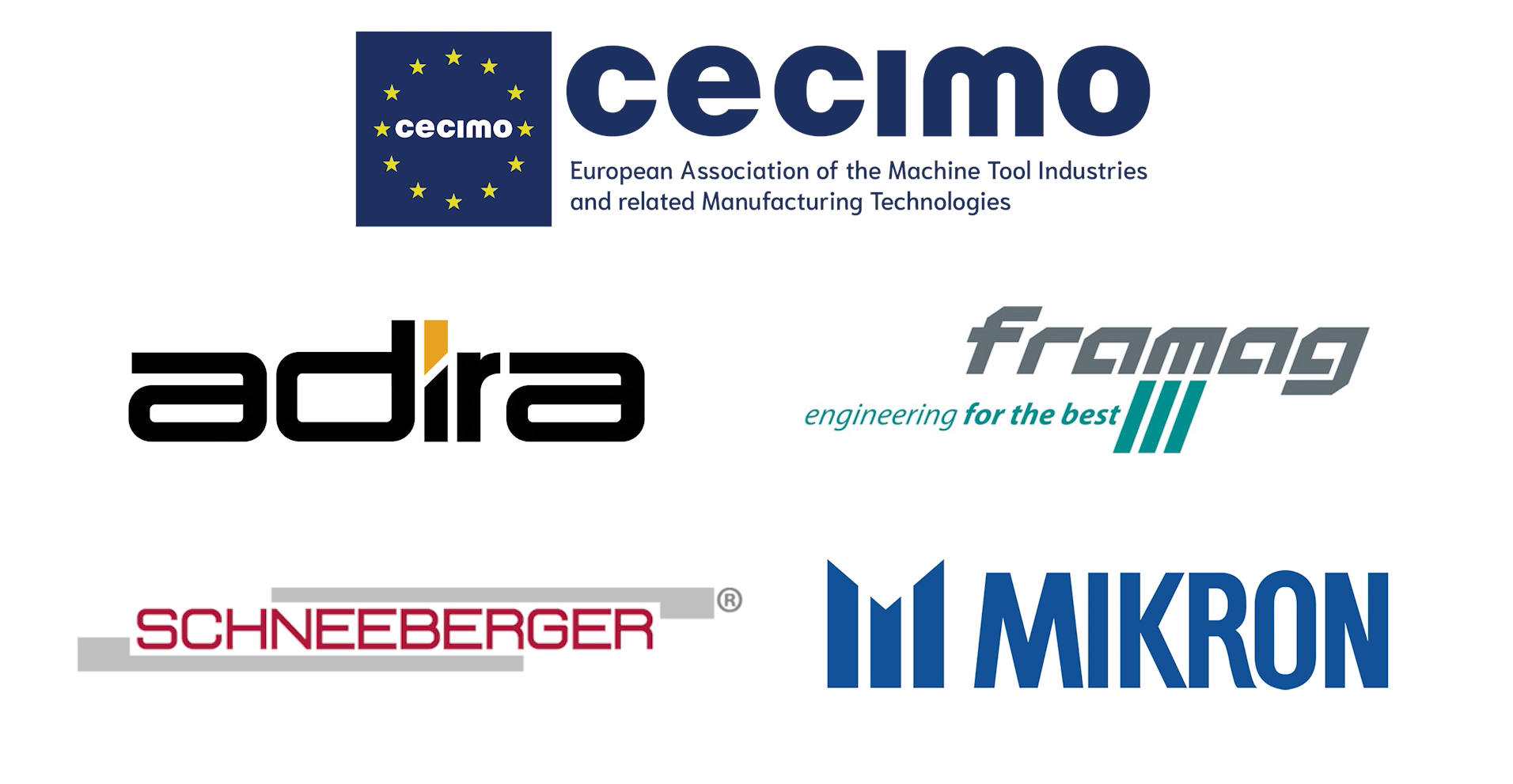The machine tool industry and related manufacturing technologies already operate as a responsible industry supporting long-term sustainability.
The sector contributes to the circular economy through different actions aiming at improving the performance of its products, developing and implementing new technologies. Continuous performance improvement, maintenance, upgrading, refurbishing and recycling are already common practices in the sector.
Circular Economy
Given the unprecedented political momentum towards the implementation of a sustainable transition, the CECIMO European Green Deal Strategy and Action Plan was drafted to ensure that the European Green Deal and its Circular Economy Action Plan are not simply hampering our sector, but are also creating lasting opportunities for its recovery and prosperity. The transition towards sustainable and circular manufacturing will imply a significant change in our sector, thereby bringing a gradual shift towards new practices and technologies that minimize their environmental impacts and do not excessively deplete energy and natural resources. In this context, machine tools can play a fundamental role in enhancing sustainability, as they directly impact the productivity and competitiveness of almost every manufacturing process.
Sustainable Product Initiative
Revision of the Ecodesign Directive

Energy efficiency is an important aspect our sector, as machine tools were one of the product groups considered by the European Commission for the development of a Regulation establishing requirements under the Ecodesign Directive. Following an extensive legislative revision process, the Regulation’s scope was reduced to cover only welding equipment, although the possibility of an extension of the scope to include machine tools will be re-examined in the Sustainable Product Initiative (SPI).
In the context of the current Revision of the Ecodesign Directive, CECIMO has actively participated in the Public Consultation on the Sustainable Product Initiative, gathering opinions and evidence from the public and relevant stakeholders, and issuing the policy recommendations.



